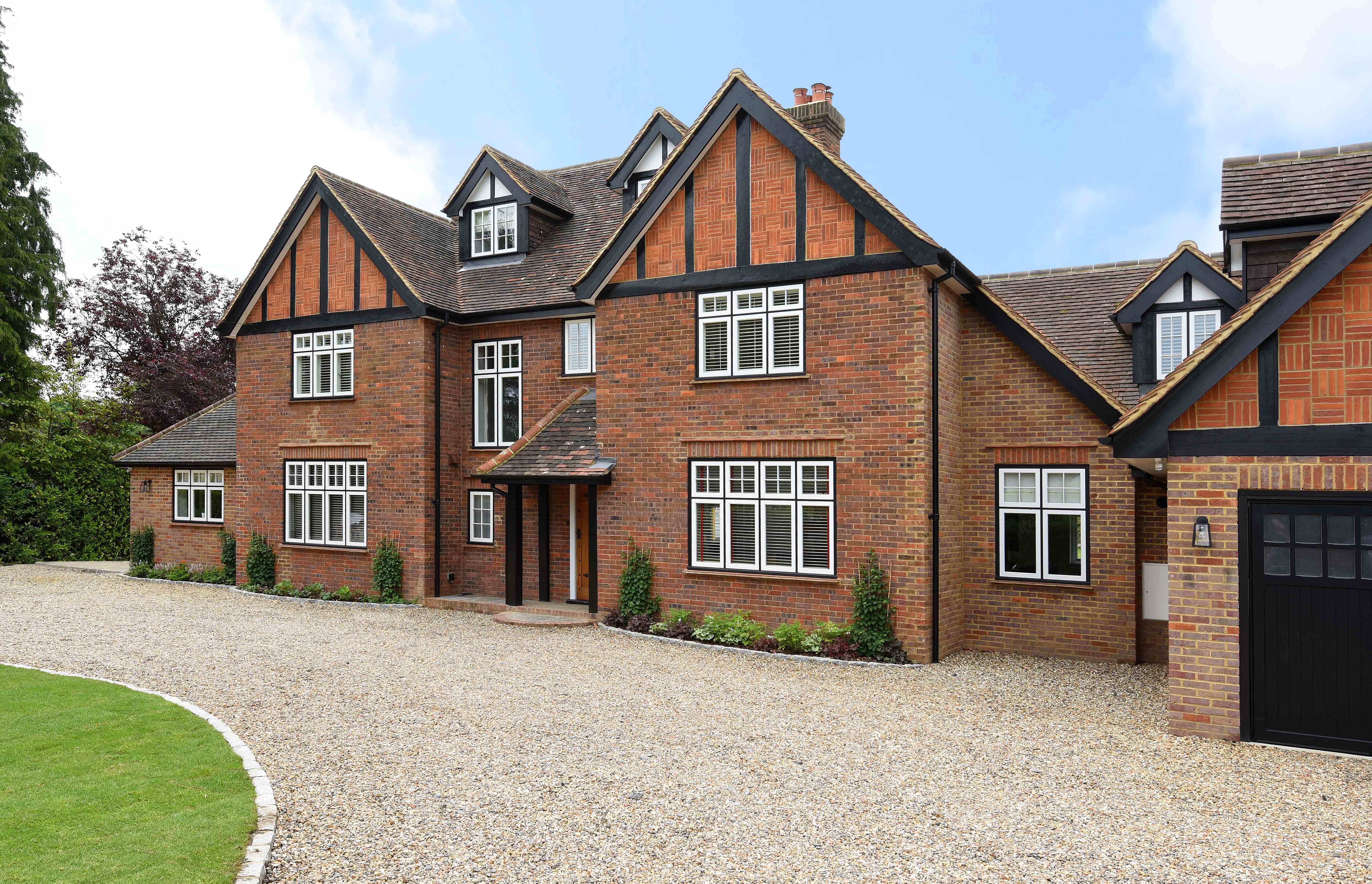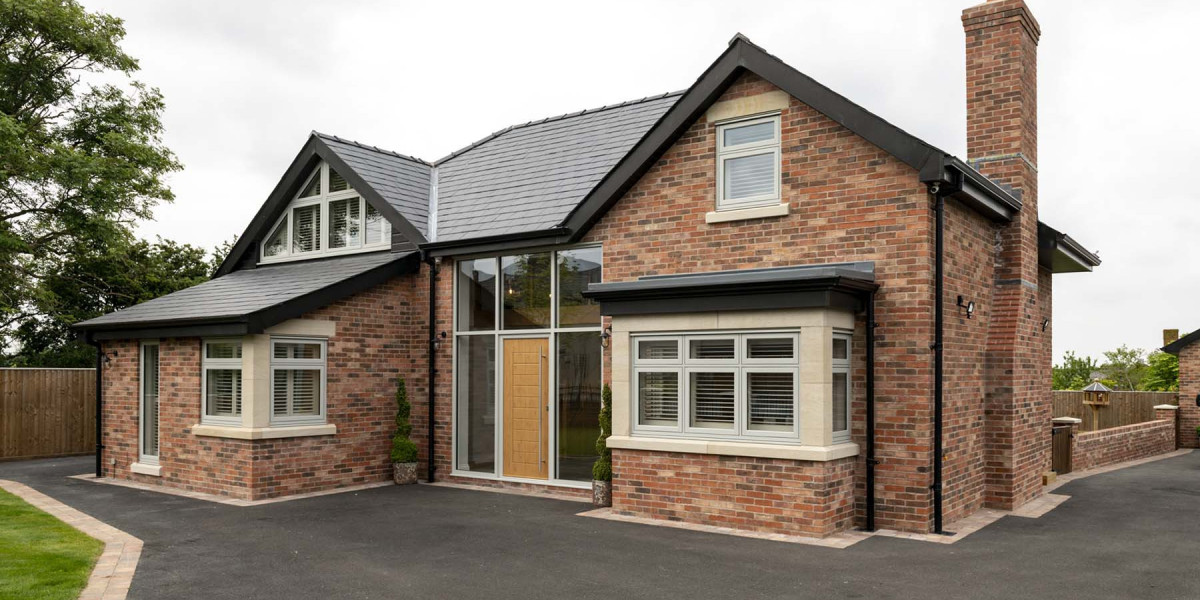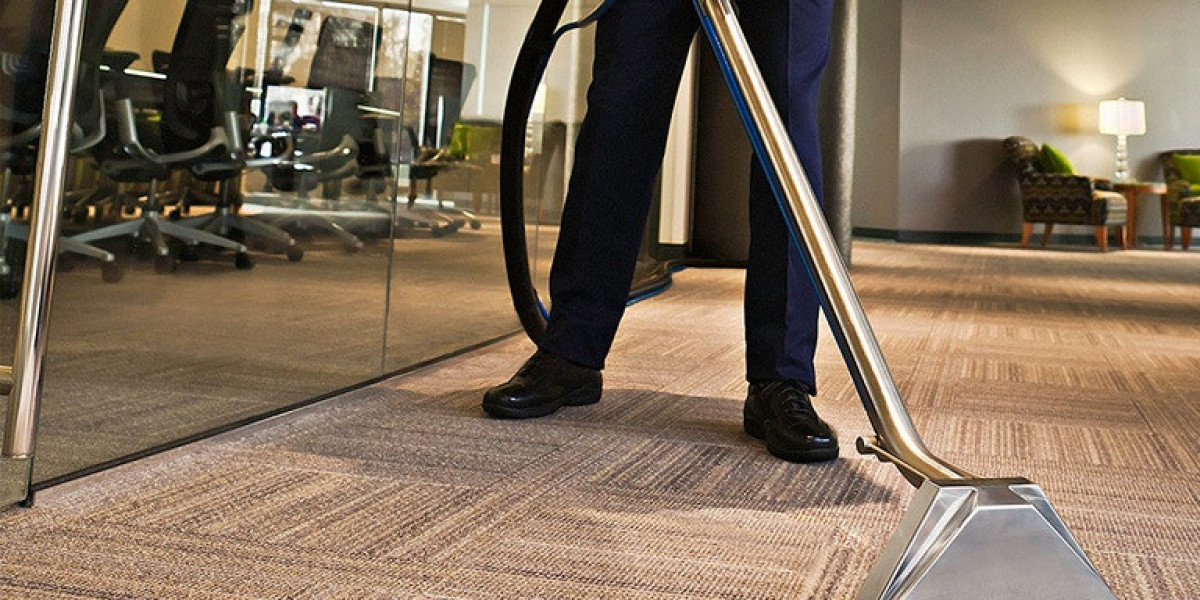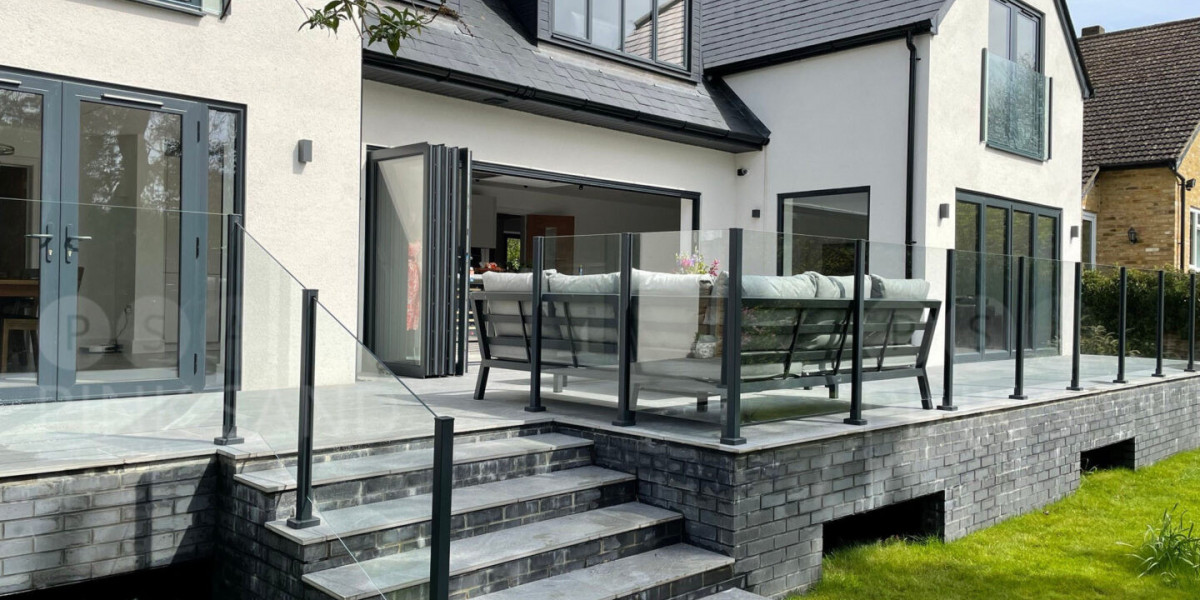Replacing windows in your home can be a significant investment, but it can also offer numerous benefits, including improved energy efficiency, enhanced aesthetics, and increased property value. In this article, we will explore the reasons for window replacement, the types of windows available, the process involved, and tips for choosing the right windows for your home.
As considering window replacement, you should first understand the reasons why you might want to replace your windows. Some common reasons for window replacement include:
- Energy Efficiency: Old windows can lead to significant energy loss, causing higher heating and cooling costs. New windows are designed with energy-efficient features, such as double or triple glazing, low-E coatings, and improved insulation, which can help reduce energy bills.
- Aesthetic Appeal: As time passes, windows can become worn, faded, or outdated. Replacing your windows can enhance the curb appeal of your home and create a more inviting atmosphere inside.
- Noise Reduction: For those living in a noisy area, upgrading new windows can help reduce outside noise, creating a more peaceful indoor environment.
- Maintenance: Older windows often require more maintenance. Modern windows are typically designed to be low-maintenance, saving you time and effort in the long run.
- Safety and Security: Windows that are old or damaged may not provide adequate security. Upgraded windows often come with improved locking mechanisms and shatter-resistant glass, enhancing the safety of your home.
- Double-Hung Windows: These features two sashes that slide up and down, allowing for easy ventilation and cleaning.
- Casement Windows: These opens outward with a crank, providing excellent ventilation and unobstructed views.
- Sliding Windows: Ideal for spaces where you want to maximize natural light, sliding windows open horizontally and are easy to operate.
- Awning Windows: These are hinged at the top and open outward, allowing for ventilation even during rain.
- Picture Windows: For those looking to frame a beautiful view, picture windows are fixed and do not open, providing maximum light and visibility.
- Bay and Bow Windows: These extend outward from the home, creating a unique architectural feature and additional interior space.
The window replacement process typically involves several steps:

- Assessment: An experienced contractor will assess your current windows and discuss your needs and preferences. They will help you determine the best type of windows for your home.
- Measurements: Accurate measurements are crucial to ensure a proper fit. They will measure the existing window openings and may also check for any underlying damage that needs to be addressed.
- Choosing Windows: Once you’ve chosen the type and style of windows, your contractor will help you select the right materials, colors, and finishes to match your home’s aesthetic.
- Installation: Professional installation is essential for optimal performance. They will remove the old windows, prepare the openings, and install the new windows according to manufacturer specifications.
- Finishing Touches: After the windows are installed, finishing touches such as caulking, trim work, and painting may be required to ensure a polished look.
Additionally, consider the timing of your window replacement project. The best times to replace windows are typically in spring and fall when temperatures are moderate. Doing so can help ensure a smoother installation process and minimize disruption to your home.

Another important factor to consider is the warranty. Most window manufacturers offer warranties on their products, which can provide peace of mind in case of defects or issues. Be sure to ask your contractor about the warranties available for both the windows and the installation work.
In conclusion, window replacement is a valuable home improvement project that can enhance your home’s energy efficiency, aesthetics, and overall value. With a clear understanding of the reasons for replacement, the types of windows available, and the installation process, you can make informed decisions that will benefit your home for years to come. Don’t rush in selecting the right windows and contractor, and you’ll enjoy the benefits of your investment for many years ahead.






